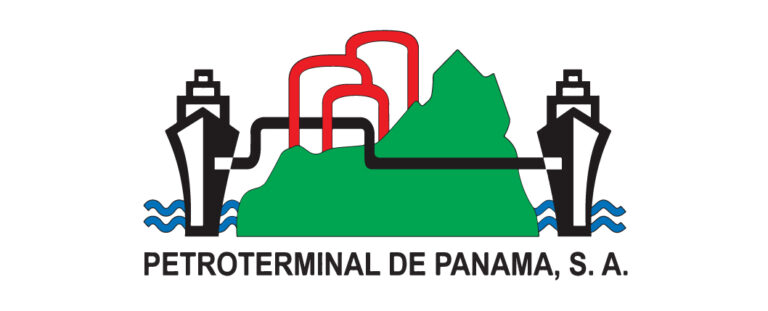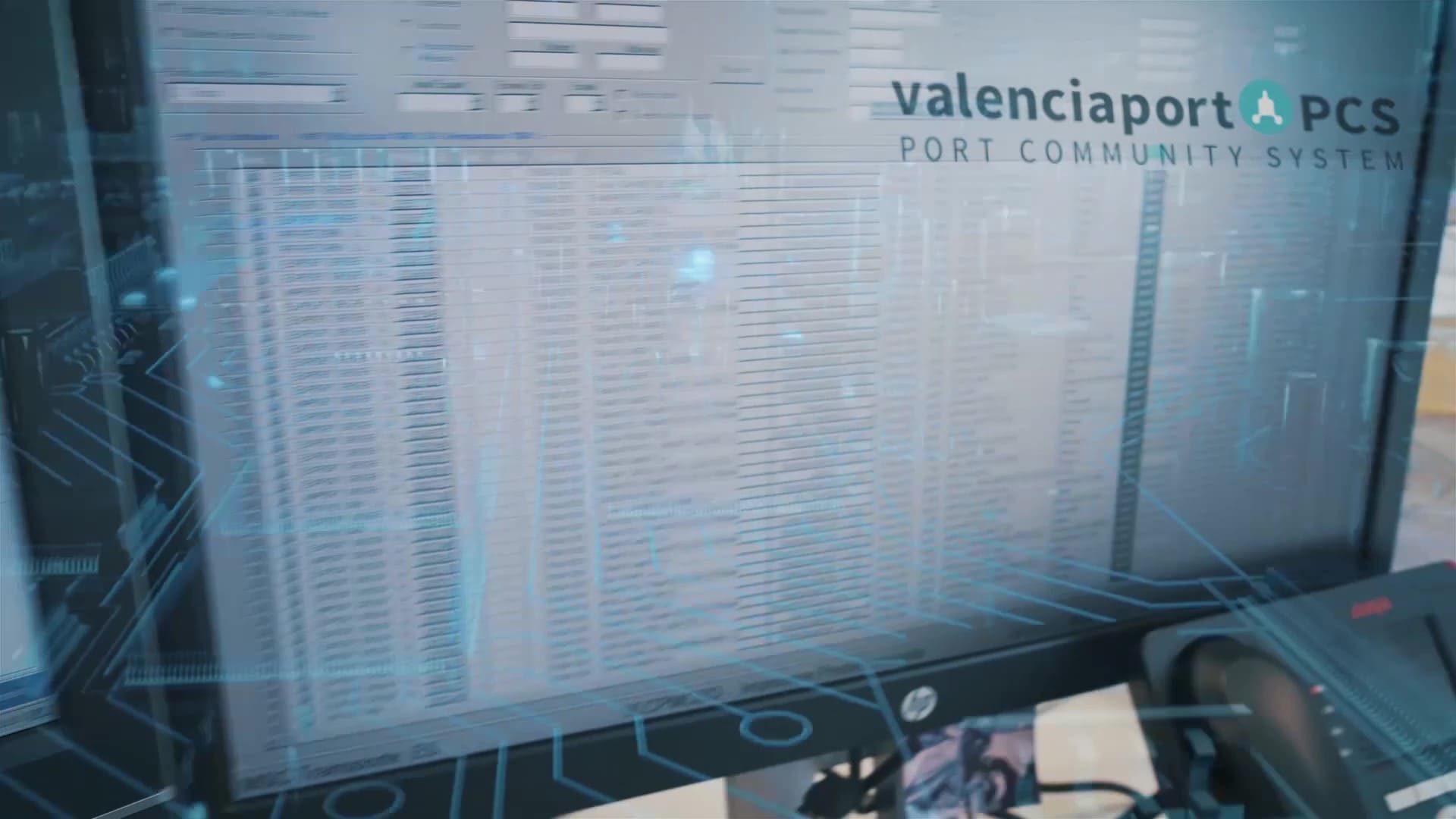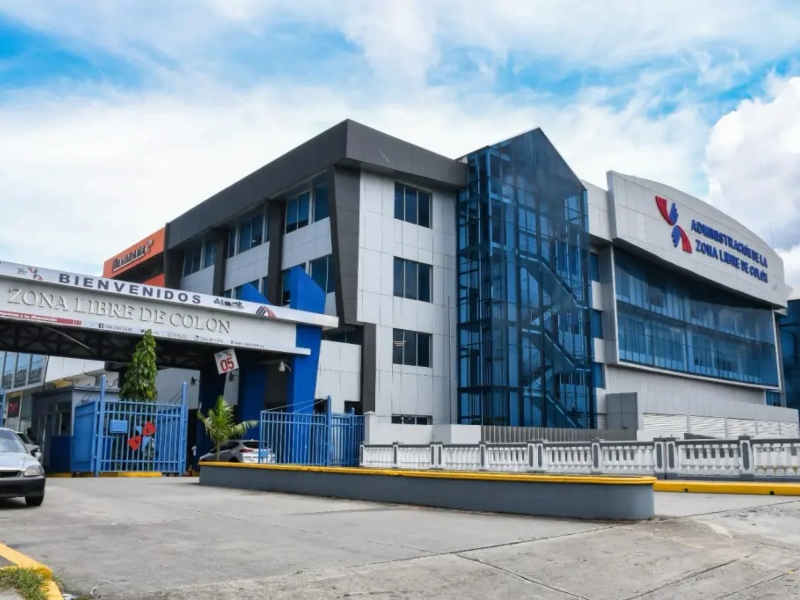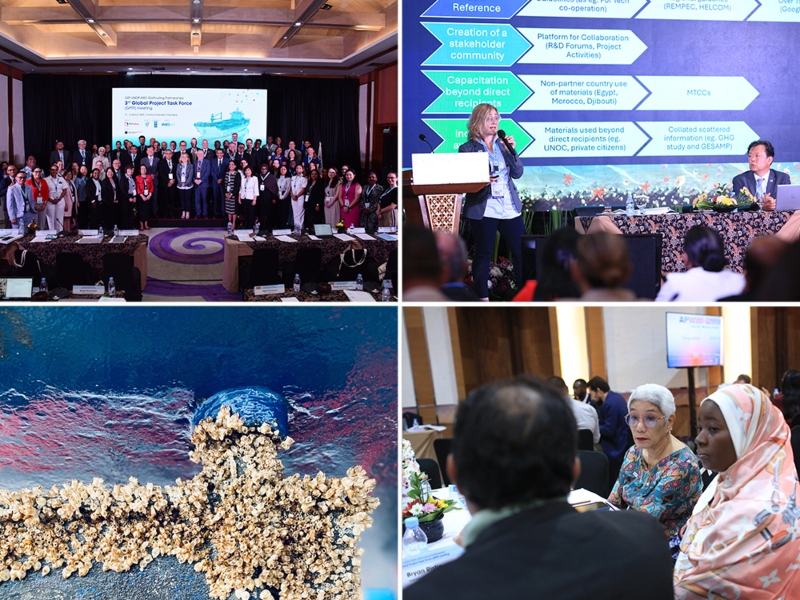- Valenciaport and Nextport have developed an Artificial Intelligence tool assisted by data technology professionals, which will adjust the traffic of cargo vehicles in Valencian ports
- The tool, which is in the pilot phase, is fed by the data managed by Valenciaport and is crossed with other variables such as holidays by country or meteorology, which help to forecast the behaviour of land traffic
- This system is a competitive advantage both for terminals – which will know the workload by time slot – and for carriers – which will have a real timetable planning
Source: Valenciaport
Valenciaport takes another step forward in its digitalisation strategy and makes its ports pioneers in the use of Artificial Intelligence (AI) applied to land traffic management. Together with the company Nextport, it has developed software that predicts the number of trucks that will pass through its docks, which terminal they will access and whether they will load or unload the vehicle.
The new Artificial Intelligence system combines Valenciaport’s data – both land and seaside – with key information to understand the behaviour of the ship on arrival at the port. The size of the ships, the type of services and routes, the terminal timetables, the weather, the calendars of festivities in third countries (the Chinese New Year or the Feast of the Lamb have a strong influence on port traffic) or a history of world GDP, among other information, have helped to adjust this predictive machine learning model, assisted and supervised by professionals who train the system.
With this software, Valenciaport can know days in advance what is going to happen in the Valencian docks both in terms of loading and unloading of ships, as well as the movements that will take place at the terminal gates and the number of truck entries.
Thus, when Valenciaport enters in this system that a ship is going to arrive at the Port of Valencia on a specific day, it will be able to forecast from that moment on, what workload both import (the unloading that is managed when the ship arrives at the port) and export (the loading that is managed before the ship arrives) is going to involve. In this sense, by adding the prediction of all the ships, you will have the prediction of everything that is going to move in each terminal, key information both for the management of the terminals and for the carriers.
Competitive advantage for terminals and transporters
This predictive AI-assisted model represents a competitive advantage for terminals and carriers operating in Valenciaport’s docks as they will be able to improve their planning and manage their loads, needs and working times more efficiently.
On the one hand, the terminals will have the traffic flow data days in advance and will be able to make predictions of what machinery they need per day and time slot and thus hire more or less staff if necessary. On the other hand, for shippers, this system will help them to know more accurately the schedules and cargo volumes of ships, being able to efficiently manage their schedules of entry and exit from the port or waiting times.
The information forecast by this software can also be shared with the administrations, which, if necessary, will be able to improve traffic management on the roads near the accesses to the ports. In this sense, by knowing the volume of hauliers that are going to circulate each hour on the accesses, they will be able to warn drivers via panels and propose alternative routes to cars.
Digitalisation: a priority for Valenciaport
This is a further step in the digitalisation strategy of the Port Authority of Valencia (APV), which involves integrating the Big Data generated by Valenciaport into a machine learning model assisted by professionals.
According to Alexandre Sánchez, director of PCS Information Systems for the APV, “this has been a project promoted by Valenciaport following a long trajectory of digitisation of port activity that we began in the 1990s. Three decades ago, the urgent thing was to digitise documents and processes, now we have the opportunity to do much more for our Port Community thanks to predictive data management. We are therefore at a point where we are going to generate a leap in the value, we offer to the port community”. The operation of this Digital Twin platform has been developed in collaboration with the company Nextport, a division specialising in AI technologies of the US company Moffat Nichole, which operates from Valencia. “With this tool, which combines Big Data technology, Digital Twin, Simulation and Artificial Intelligence, a more dynamic, real-time and prescriptive decision-making process is promoted. This joint development has been possible because both Valenciaport and Moffatt Nichole are very committed to the logistics development of the port,” says Jose García de la Guía, senior Product Manager at Nextport.
![]()

































